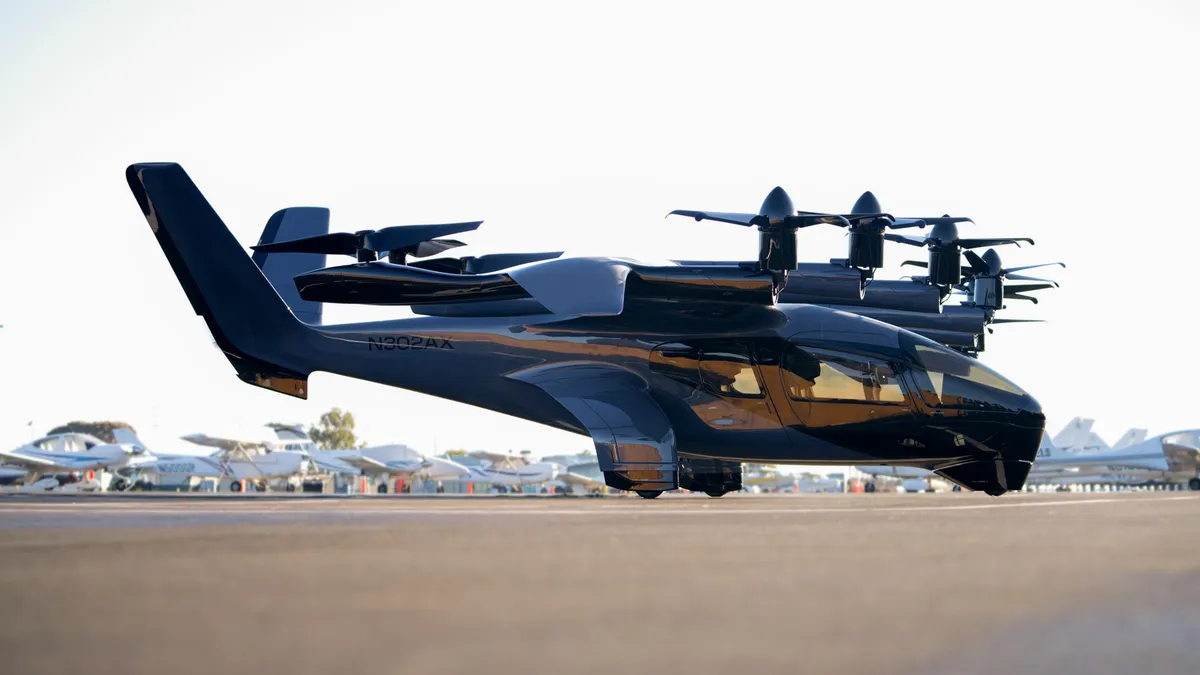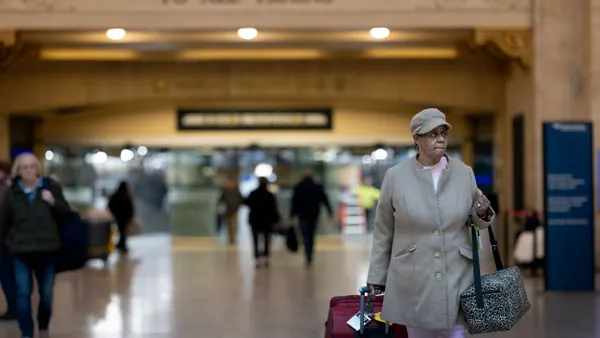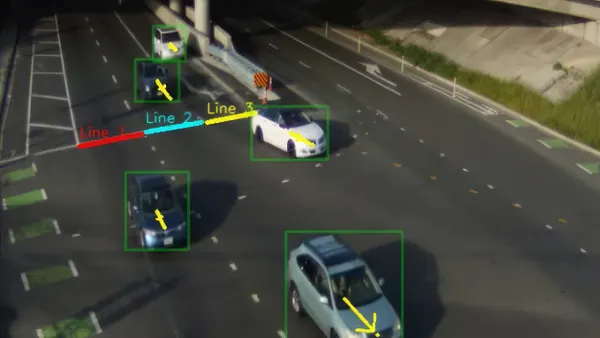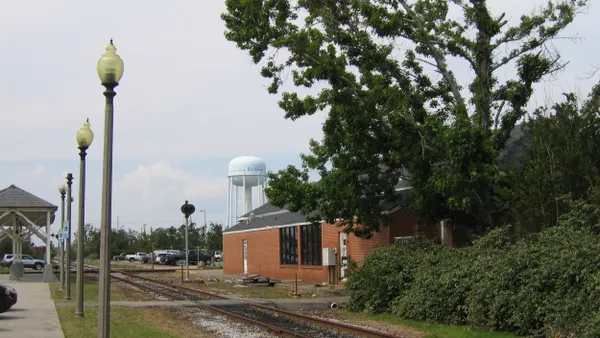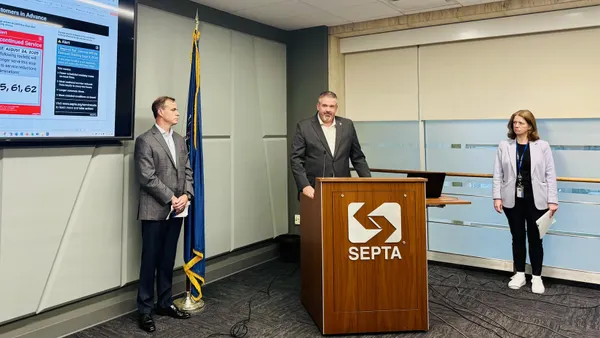Dive Brief:
- Two eVTOL developers in the U.S. reported progress toward manufacturing and commercializing their first aircraft by 2025 on investor calls in August.
- Archer Aviation and Joby Aviation reported they have partnered with established global corporations to help bring their air taxis to market in the new urban air mobility field.
- The burgeoning industry suffered a potential setback, however, when a prototype aircraft being developed by U.K.’s Vertical Aerospace crashed during testing on Aug. 9.
Dive Insight:
The emerging industry of advanced air mobility, which includes the electric vertical takeoff and landing aircraft these companies are pioneering, is expected to be operating “at scale” by 2028, according to the Federal Aviation Administration. Archer and Joby anticipate flying passengers as soon as 2025 with routes in the New York City area, Chicago and elsewhere. Joby said it received its FAA flight-testing certificate for its prototype aircraft on June 28, and Archer said it received its certificate for its “Midnight” production aircraft on August 10.
On Joby’s Aug. 2 earnings call, founder and CEO JoeBen Bevirt said, “I’m pleased to confirm that the aircraft flew for the first time last week following an extensive ground testing. It performed as expected, and we're looking forward to expanding our flight test program with the aircraft.”
Archer Aviation CEO Adam Goldstein announced on the company’s Aug. 10 earnings call, “We have accelerated our plans and hope to deliver the first aircraft within the next six months, as early as Q4 2023. We believe this would be the first eVTOL aircraft in history to be delivered to a paying customer.” Archer has inked deals with United Airlines to serve O’Hare International Airport from downtown Chicago and Newark Liberty International Airport from lower Manhattan.
Goldstein also announced a strategic relationship with Boeing, which includes equity investment and autonomous flight technology. Other Archer investors include automaker Stellantis, which will manufacture the company’s aircraft, as well as United Airlines and ARK Investment Management.
Joby’s investors include Delta Air Lines and Toyota Motor North America, which has invested about $400 million in the company since 2020. Toyota engineers are working alongside Joby’s team in California, and the carmaker will supply some power train and actuation components for the aircraft.
Earlier this year, Vertical Aerospace had delayed expected commercial operations until 2026, but aviation publication FlightGlobal said the crash “appears to be a significant setback.” According to news reports, the company was conducting tests at an altitude of about 20 feet. In a filing with the U.S. Securities and Exchange Commission, Vertical Aerospace said the purpose of flight testing is to establish the aircraft’s limits, adding that the aircraft that crashed was “remotely piloted and there were no injuries.” FlightGlobal said the damage “does appear to be significant.”
Former FAA acting administrator Billy Nolen, who now works for Archer Aviation as chief safety officer, told Smart Cities Dive last month, “We know that for this new industry to be successful, it has to be safe, sustainable and environmentally friendly.”



